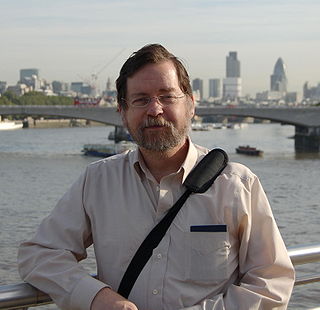A Quote by Emil Cioran
Intelligence flourishes only in the ages when belief withers.
Quote Topics
Related Quotes
Nothing seems to me to be rarer today then genuine hypocrisy. I greatly suspect that this plant finds the mild atmosphere of our culture unendurable. Hypocrisy has its place in the ages of strong belief: in which even when one is compelled to exhibit a different belief one does not abandon the belief one already has.
The intelligence community's 2002 National Intelligence Estimate (NIE) stated, in a formal presentation to President Bush and to Congress, its view that Saddam had weapons of mass destruction - a belief in which the NIE said it held a 90% level of confidence. That is about as certain as the intelligence community gets on any subject.
Today as in the time of Pliny and Columella, the hyacinth flourishes in Wales, the periwinkle in Illyria, the daisy on the ruins of Numantia; while around them cities have changed their masters and their names, collided and smashed, disappeared into nothingness, their peaceful generations have crossed down the ages as fresh and smiling as on the days of battle.
Superficial knowledge ... is hurtful to those who possess true genius; for it necessarily draws them away from their main object, wastes their industry over details and subjects foreign to their needs and natural talent, and lastly does not serve, as they flatter themselves, to prove the breadth of their mind. In all ages there have been men of very moderate intelligence who knew much, and so on the contrary, men of the highest intelligence who knew very little. Ignorance is not lack of intelligence, nor knowledge a proof of genius.







































